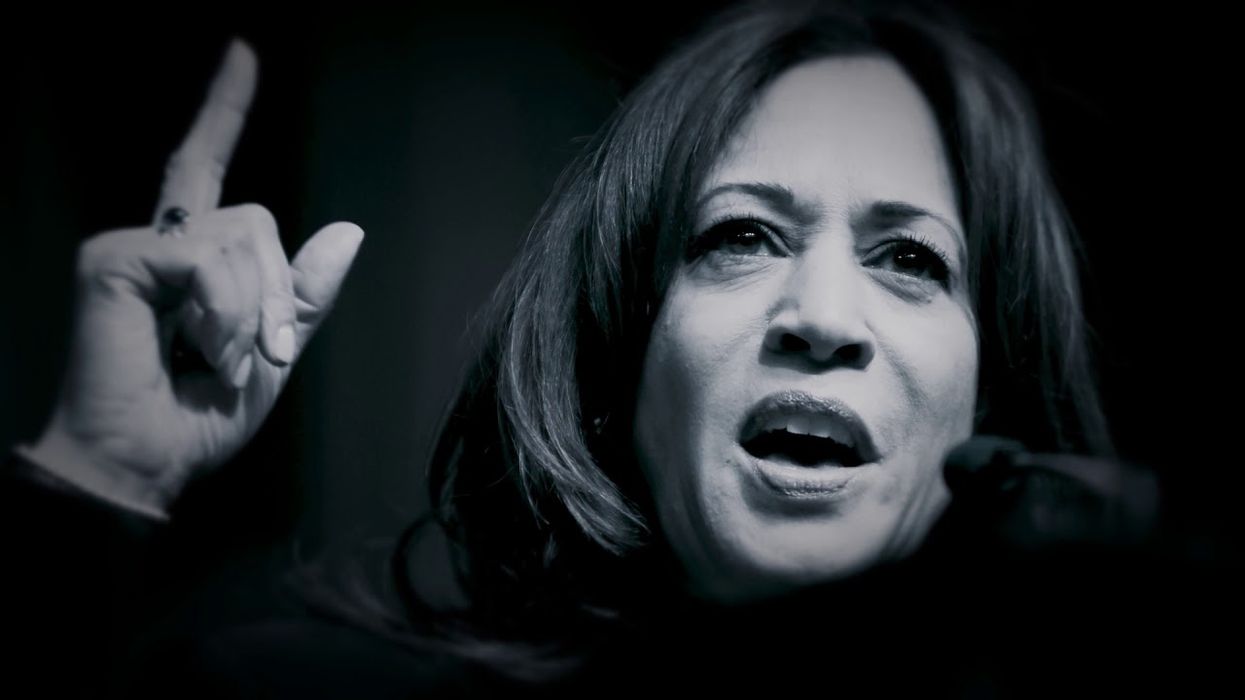A leading promoter of President Trump's effort to make the judiciary more conservative is pushing back hard on allegations of hypocrisy leveled by Democratic senators. Transparency in campaign financing, one of the central causes for those who want to limit money's sway over policymaking, is the issue.
Fourteen senators — including Minority Leader Chuck Schumer and presidential candidates Kamala Harris, Amy Klobuchar and Cory Booker — wrote the Judicial Crisis Network this week demanding it reveal who has financed more than $20 million worth of television advertising to press the confirmation of Trump's court picks.
"The American public deserves to know who is funding these attacks, and whether the same individuals are financing litigation before the court that will ultimately be decided by the justices and judges they helped to confirm," the senators wrote.
The demand came after the advocacy group launched a $1 million TV campaign accusing the Democrats of a different sort of improper secrecy: keeping quiet the names of people they'd consider nominating to the federal bench if one of them becomes president.
Trump unveiled a list of 25 potential Supreme Court nominees in the summer of 2016, a move widely credited with shoring up his support among cultural conservatives. Groups on the right sound confident that a similar short list from the 2020 Democratic nominee would backfire on that candidate, driving more conservatives to the polls (out of anxiety) than liberals to the polls (with enthusiasm).
"We want to thank these liberal senators for promoting our ad and placing their hypocrisy on 'dark money' directly before the public," JCN's chief counsel, Carrie Severino, said in a statement Thursday. "We assume their intention, however, is actually to try and distract the public from the continued deception on the part of their liberal 'dark money' allies and their secret list of potential judicial nominees."
Dark money is the shorthand for political spending by nonprofit organizations, which are not required to make public the identities of their corporate, individual or union benefactors.
The senators asked JCN to deliver a roster of anyone who has donated more than $10,000 since Trump took office, with special interest in the identity of one person known to have contributed $17.9 million in 2017. The senators also asked for the number of individual donations under $100 and the names of all businesses that have given to the JCN, plus the share of total revenue that came from corporations.
Everyone in the group — which includes all 10 Democrats on the Judiciary Committee, the panel tasked with considering judicial nominations — is sponsoring legislation to require the disclosure of anonymous donors to organizations.
A large share of the TV advertising produced to oppose the confirmation of Merrick Garland to the Supreme Court at the end of the Obama administration, and to promote the elevations of Trump's picks Neil Gorsuch and Brett Kavanaugh to the high court, has been paid for by the JCN.
The group's TV spot, which ran in late June, references New York Times reporting on efforts by liberal advocacy groups including the Alliance for Justice to prepare, but keep under wraps, a list of potential judicial nominees in a Democratic administration. The spot specifically asked former Vice President Joe Biden to enunciate his potential court picks.




















Trump & Hegseth gave Mark Kelly a huge 2028 gift